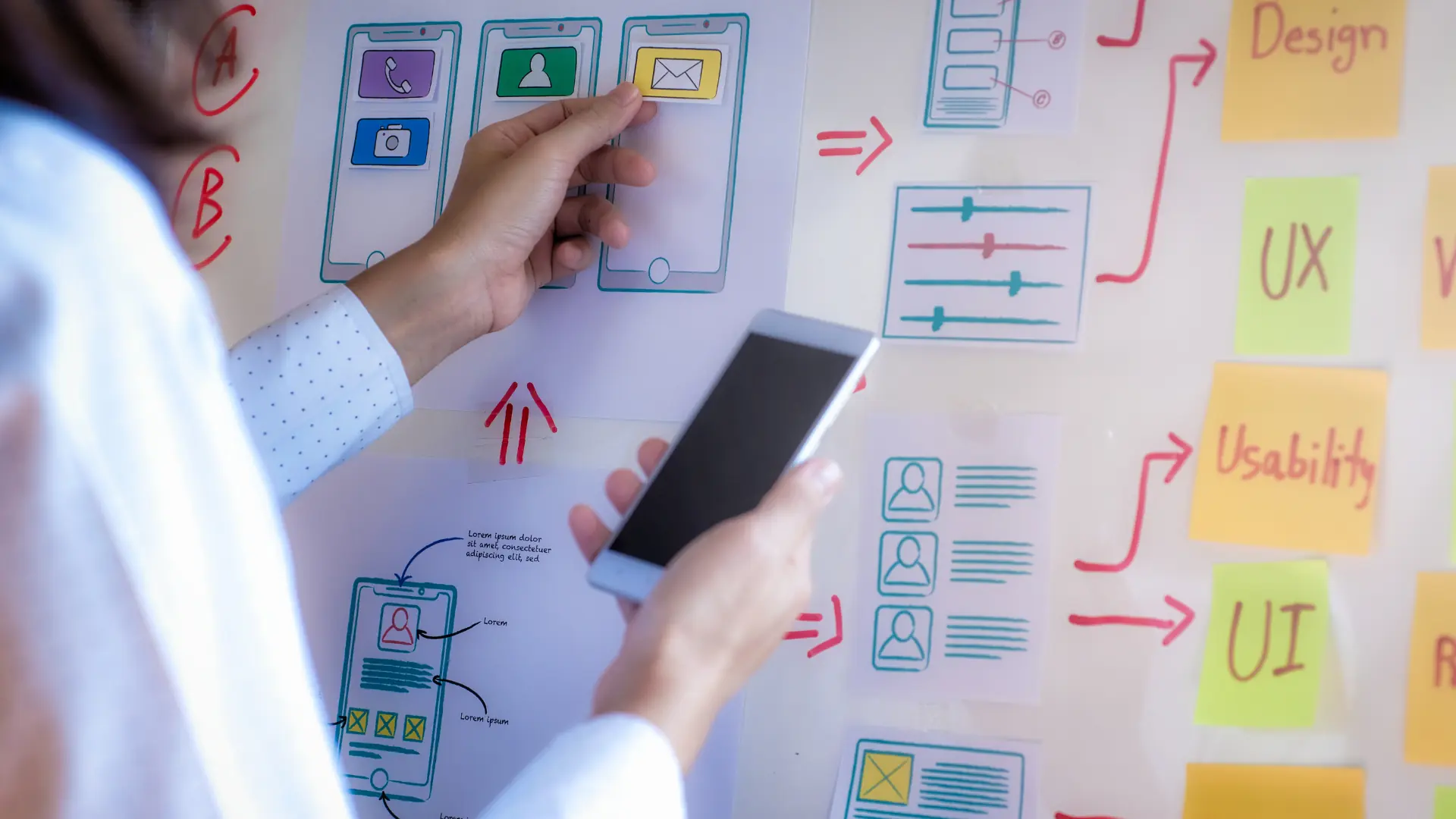What is your favorite app to use? Perhaps it’s one that seamlessly navigates through its features and understands your needs with every click. Just like any successful application, a Student Information System (SIS) thrives on providing users—students, faculty, and administrators alike—with an effortless experience. The importance of a seamless user experience in an SIS cannot be overstated. It’s the backbone of efficient academic operations, influencing everything from student satisfaction to institutional productivity. In crafting this experience, considerations span from user interface design principles that enhance accessibility to the integration of personalized features tailored to different user roles. Additionally, the role of responsive design in ensuring accessibility across devices cannot be overlooked. Moreover, the significance of data security and privacy measures in maintaining user trust adds another layer of complexity. Discover how to transform your SIS into a user-centric platform that fosters productivity and satisfaction.
Importance of Seamless User Experiences in SIS
Seamless user experiences in Student Information Systems are paramount for various reasons. Firstly, they significantly enhance user satisfaction and engagement. When students, faculty, and administrators find the SIS easy to navigate and utilize, they are more likely to actively engage with the platform. Secondly, seamless experiences increase efficiency and productivity within academic institutions. Users can focus more on their core responsibilities by reducing the time and effort required to perform tasks such as accessing grades, registering for courses, or generating reports. A well-designed SIS contributes to improved data accuracy and reliability. When users encounter intuitive interfaces and streamlined processes, they are less likely to make errors or input incorrect information, thus enhancing the quality of data stored within the system.
Finally, seamless user experiences facilitate better decision-making for stakeholders. Whether administrators analyze enrollment trends or faculty members track student progress, easy access to accurate and relevant data enables informed decisions. In essence, prioritizing a seamless user experiences in SIS benefits individual users and contributes to the overall effectiveness and success of academic institutions.

Strategies for Achieving Seamless User Experiences
1. Intuitive Interface Design
Prioritizing clear and straightforward design elements while minimizing clutter is essential in your SIS. By employing familiar design patterns and intuitive navigation, users can easily navigate the system. Additionally, adopting user-centric design principles is crucial. Understanding the needs and preferences of your user base through thorough research and feedback ensures that the interface is tailored to align with their goals and workflows. Furthermore, implementing usability testing and feedback loops is integral to refinement. Regular testing with representative users allows for the identification of pain points and areas for improvement. On the other hand, feedback gathered through surveys, interviews, and user analytics provides invaluable insights for iterative enhancements to the interface.
2. Responsive Support Services
Providing a range of support channels, including email, live chat, and phone support, ensures users can easily access help when needed. Prompt response times are equally crucial. Establish service level agreements (SLAs) that set clear expectations and help prioritize user inquiries efficiently. Moreover, offering comprehensive training materials and resources empowers users to troubleshoot issues independently and enhances their overall experience. By combining accessible support channels, timely responses, and comprehensive training, institutions can effectively support users and maintain a seamless experience within the SIS.
3. Personalized Dashboards
Customizable layouts and widgets allow users to personalize their dashboard according to their specific needs and preferences. This empowers users to prioritize the information most relevant to them, which increases the efficiency and usability of the SIS. Additionally, integrating analytics provides valuable insights into user behavior, enabling institutions to continually refine and improve the dashboard experience. Personalized dashboards with customizable options and integrated analytics enhance institutions’ user engagement and satisfaction.
4. Accessibility Features
Adhering to accessibility standards such as Web Content Accessibility Guidelines (WCAG), the SIS is accessible to users with disabilities. Providing options for customization, such as adjusting font size and color contrast, further enhances accessibility for users with specific needs. Additionally, ensuring compatibility with assistive technologies such as screen readers and voice recognition software enables users with disabilities to utilize the SIS fully. Prioritizing accessibility features ensures that the SIS is not only compliant with regulatory standards but also promotes inclusivity and diversity within the academic community.

Classter’s Seamless User Experience
Classter’s Student Information System exemplifies best practices in user experience design. It provides educational institutions with an intuitive platform that prioritizes simplicity, efficiency, and student-centricity. With a focus on streamlining operations and enhancing learning experiences, Classter offers a range of features designed to make every aspect of student management seamless and hassle-free. One of the key factors contributing to Classter’s easy user experience is its comprehensive student profiles. By providing detailed student profiles, Classter enables educators to personalize learning journeys for each student, tracking academic progress, attendance, and personal milestones effortlessly. Classter also prioritizes communication and collaboration, bridging gaps between students, teachers, and parents. With integrated messaging and notifications, Classter facilitates clear and consistent communication.
The Future of User Experience in SIS
With the rapid evolution of technology, SIS platforms are expected to leverage artificial intelligence (AI) and machine learning algorithms. These include predictive analytics to identify at-risk students, virtual assistants to answer queries in real-time, and personalized learning recommendations based on individual student data. Additionally, the rise of mobile and cloud-based solutions will continue to shape the future of SIS user experience. This allows users to access information and perform tasks anytime, anywhere, and on any device. Furthermore, there will be an increased focus on accessibility and inclusivity. With SIS platforms should strive to meet the needs of all users, including those with disabilities. The future of SIS user experience holds exciting possibilities for enhancing efficiency, engagement, and outcomes in educational institutions.
FAQ’s
A seamless user experience enhances satisfaction and engagement for students, faculty, and administrators. It improves efficiency by reducing the time and effort needed to perform tasks
Classter’s SIS features intuitive interface design, responsive support services, personalized dashboards, and accessibility features.
Classter offers multiple support channels, including email, live chat, and phone support, with prompt response times.

